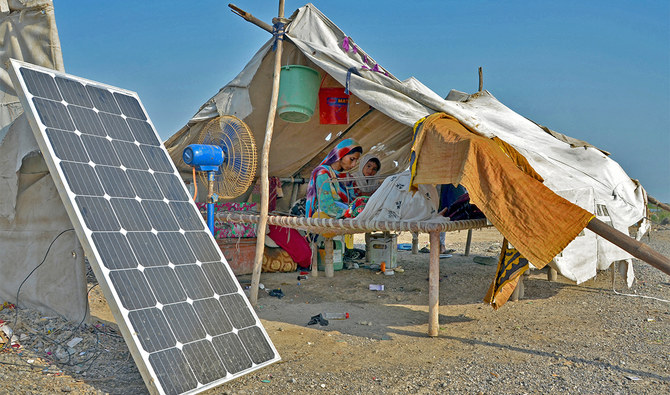ISLAMABAD: US President Donald Trump on Wednesday hosted Pakistan’s army chief for lunch in an unprecedented White House meeting, after which he told reporters he was “honored” to meet Field Marshal General Asim Munir and that the two had discussed the ongoing Iran-Israel crisis.
This was the first time in many years that a Pakistani army chief was hosted by a sitting US president at the White House, highlighting Washington’s renewed interest in maintaining influence in South Asia as regional tensions flare.
After the schedule for the lunch was announced this week, Pakistani media widely speculated that Munir would press Trump not to enter Israel’s war with Iran and to seek a ceasefire. A section of Pakistan’s embassy in Washington represents Iran’s interests in the United States as Tehran does not have diplomatic relations with the US.
Munir’s White House meeting during the ongoing Mideast conflict has also fueled speculation in Islamabad that Washington could push Pakistan to align more openly with the US position, which has historically been supportive of Israel. Such pressure could complicate Pakistan’s delicate balancing act in the Middle East, where it maintains close ties with Iran and other Gulf partners and sympathizes with the Palestinian cause but seeks to avoid getting dragged into regional rivalries that could inflame tensions at home.
“Well, they [Pakistan] know Iran very well, better than most, and they’re not happy about anything [Iran-Israel conflict],” Trump said in response to a question by a reporter after his meeting with Munir on whether Iran came up in the discussion.
“It’s not that they’re better with Israel. They [Pakistan] know them both actually, but they probably, maybe, know Iran better, but they [Pakistan] see what’s going on. And he [Field Marshal General Asim Munir] agreed with me.”
Trump did not specify what the Pakistani general had agreed with him on, and went on to talk about last month’s military conflict between India and Pakistan that the US president has publicly claimed credit for ending with a ceasefire.
Nuclear-armed neighbors India and Pakistan engaged in their fiercest military conflict in decades between May 7-10, exchanging drones, missiles and artillery for nearly four days before Trump announced he had brokered a truce.
“The reason I had him [Munir] here, I wanted to thank him for not going into the war [with India], just, you know, ending the war,” Trump said, also giving credit to Indian Prime Minister Narendra Modi. “So, I was honored to meet him [Munir] today.”
Tensions between Israel and Iran have spiked sharply since last Friday when Israeli forces struck multiple targets including Iranian nuclear sites and senior officials. Iran retaliated with attacks on Israeli territory, raising fears of a wider Middle East war that could threaten global energy supplies and regional stability.
Pakistan, which shares a long border with Iran and maintains historic ties with Tehran, has repeatedly called for de-escalation and a ceasefire in the region. Defense Minister Khawaja Asif told Pakistan’s Geo TV that Munir’s White House visit would give the army chief a chance to share Pakistan’s perspective on the conflict and push Washington to help prevent further escalation.
Pakistan’s military plays a key role in shaping the country’s foreign policy, and Munir’s high-profile White House invitation is being seen as part of Washington’s broader effort to recalibrate ties with Islamabad, a vital but often difficult ally for the US in South Asia.
Local media in Pakistan reported that Munir’s visit had been arranged weeks in advance. Analysts say the rare top-level contact underscores how the US wants to maintain strategic leverage in a region shaped by the rivalries of three nuclear powers — China, India and Pakistan — and rising instability in the Middle East.
















